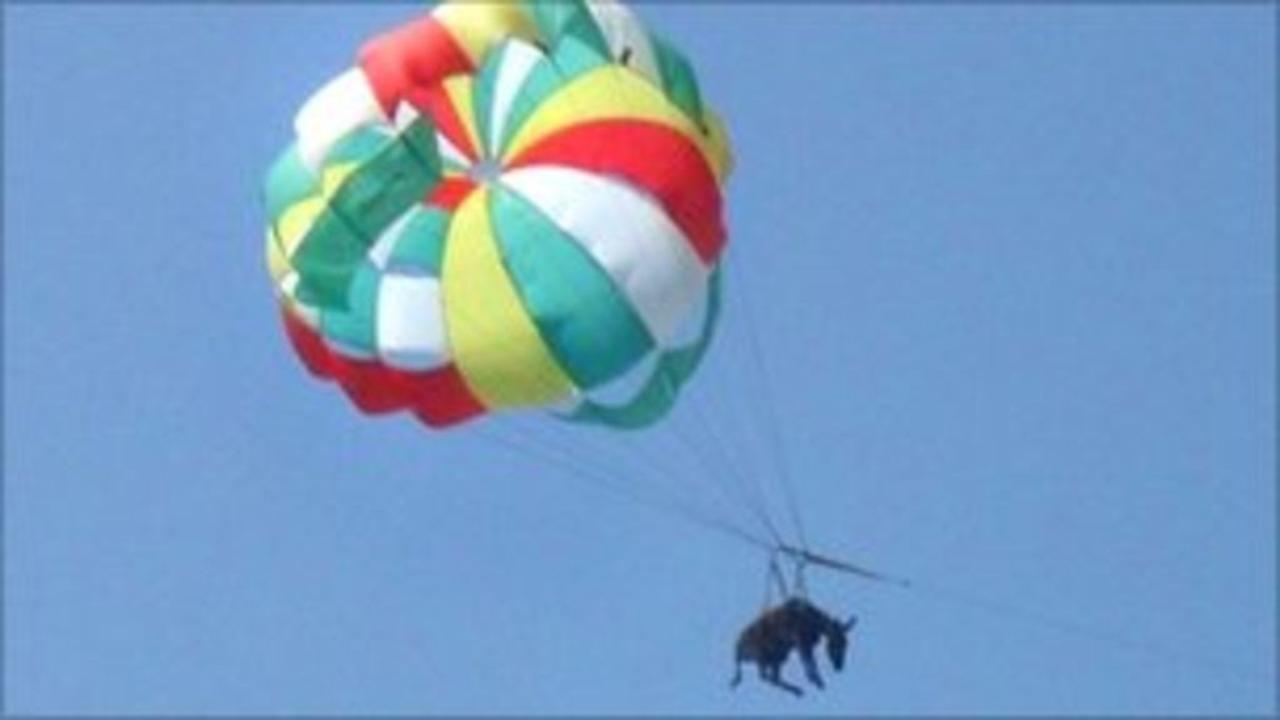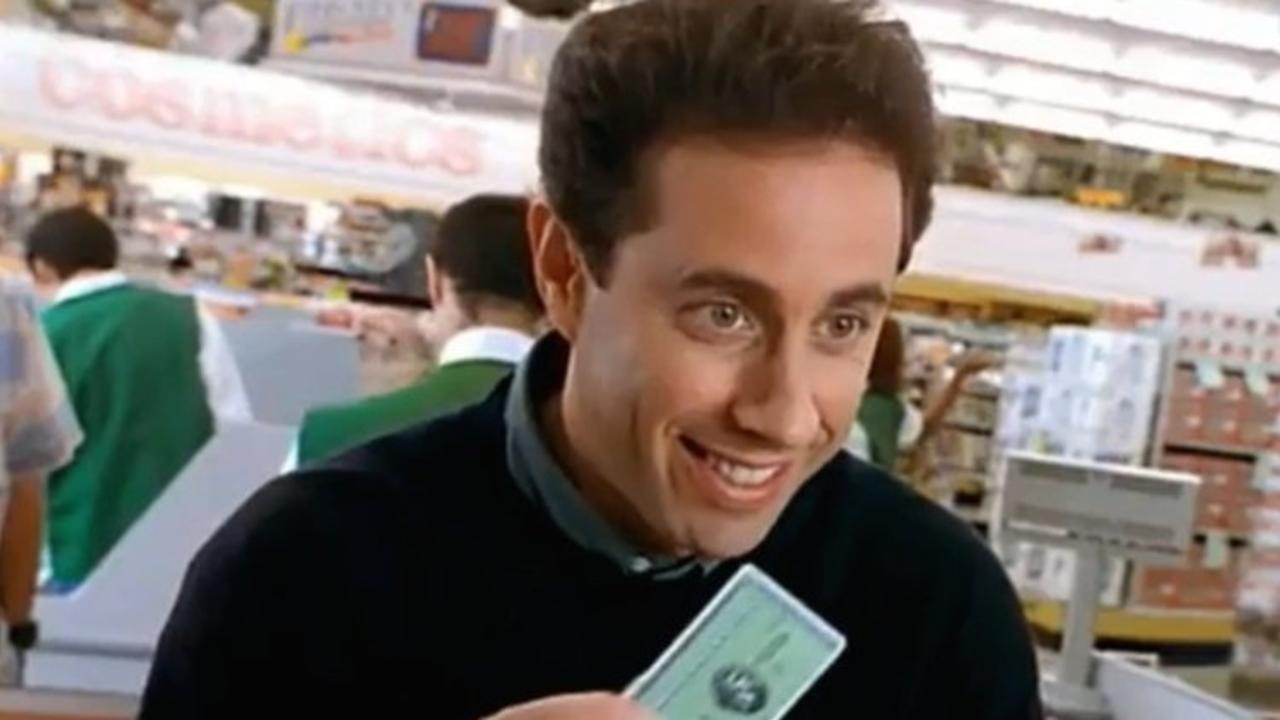Catching up with Karyn
How Humor Helps: Pediatric Patients

"You either love working peds or you don’t work peds." I can’t tell you how many times I’ve heard this nursing 'wisdom.' There’s more than a grain of truth to it: generally, nurses who specialize in pediatrics tend to love their work passionately.
However, enjoying what you do doesn’t mean that you don’t have challenges on the job – and if you’ve never attempted to make a bed with one hand while holding a baby in the other and figuring out dosages by weight in your mind, you don’t know challenging! (And if you can master that, try finding scrubs that don’t show formula stains!)
Luckily, humor can help ease some of the challenges of pediatric nursing. Here are three ways humor helps make life with pediatric patients easier:
Humor Helps Make The Medical Environment Less Frightening For Our Patients
"Can you make my nose stop running?" Tyler looked up, wide-eyed. "Because I’m tired of boogers." The poor kid was sixty-nine hours into a twenty-four-hour bug that had been going around to...
Russian Prosecutors Probe Parasailing Donkey

I stared at the headline in disbelief. This world offers up many strange things, I know. You can’t be a nurse for any length of time before you run headfirst into the impossible, the insane, or at least the definitively ill-advised. But here we are, looking at the New York Times, a reasonably well-respected journalistic outlet, reading that Russian Prosecutors Probe Parasailing Donkey.
Somewhere, a Times editor is laughing his head off. Not at the story, which is little more than a questionable marketing stunt that left a donkey dangling above the Azov Sea, braying its displeasure as the waves crashed beneath its hooves for half an hour.
It’s the headline itself that’s funny – read it aloud to anyone at random, a colleague, a friend, a stranger on the street – and you’ll get at least a chuckle. The words are so absurd – the juxtaposition of donkeys and parasailing so unexpected – that the only thing you can do is laugh.
Sometimes, you can’t make this stuff up!
That’s the beauty of h...
The Legacy of Laughter: Creating Bonds that Last

In the New York Times today, Ellen Lupton has a column on how to lose a legacy. Lupton examines our relationship with physical things: how keeping a set of dishes within a family for generations provokes feelings of continuity and connectedness – or, loosely paraphrased, how her non-hunting husband wound up with a doe’s head hanging proudly in their suburban living room.
These items can be wonderful, meaningful additions to our lives, Lupton asserts—but they can also be a burden. Storing, moving, and caring for the souvenirs of days gone by can be a challenge – as anyone who has ever tried to decorate for the holidays and move cross country in the same year can tell you!
Even if you want to retain every memento, from your children’s macaroni masterpiece through the dessert menu from the last time you went to Olive Garden, there’s always a risk of loss. Natural disasters, housekeeping concerns, and plain old entropy are conspiring against you – not to mention lack of storage space!
L...
A Crude Awakening: What The BP Oil Spill Teaches Us About Humor

There’s absolutely nothing funny about the BP oil spill. No one would argue that – yet people are still laughing. (For example, see BP Spills Coffee) If there’s one lesson we can take away from this entire tragedy, it’s that humor can fill numerous roles, some of which aren’t immediately obvious.
Humor Provides a Framework for Processing Tragedy
“The oil spill is getting bad,” David Letterman said, “There is so much oil and tar now in the Gulf of Mexico, Cubans can now walk to Miami.” Confronted with an environmental disaster of unimaginable scope, we reach for ways to make sense of it all. Letterman’s joke captured the scale of the spill in an unexpected way – weaving in some social commentary guaranteed to get a laugh from his audience - deftly informing and assuring his audience that the situation was indeed that bad.
In a similar vein, we see the quips about BP’s new bio-degradable oil collection system – aka known as pelicans. These jokes are undoubtedly in bad taste, yet the...
Humor as a Cost-Effective Means of Stress Management

Humor as a Cost-Effective Means of Stress Management
Karyn Buxman, MSN, CSP, CPAE
(Originally published in Managing Employee Benefits, (1998).
Humor as a cost-effective means of stress management. Volume 6, Issue 2, pp. 74-78.)
U.S. workers consume 15 tons of aspirin a day. One in four workers suffers from an anxiety-related illness. Soon job stress may be the #1 reason for worker’s compensation. “Terminal professionalism” seems to be a sign of the times. But taking oneself too seriously can have some unpleasant side effects.
WHAT IS STRESS?
Stress is the body’s response to any demand or pressure. These demands are called stressors. Stressors include major life events, such as the death of a loved one or divorce. They entail chronic strains such as living in an abusive relationship. Stressors also consist of occasional strains, such as getting a flat tire in heavy traffic. (Source: Fact Sheet HE-2089, 11-91, Florida Cooperative Extension Service)
RESPONSE TO STRESS:
Stress requires the...
Anxiety or Excitement?

Answer: Pink slip… Bonus….
Question: What’s the difference between anxiety and excitement?
Seriously, though, what is the difference between being anxious and excited?
When you think about it, the two are closely related, but they differ by a degree of perspective. What is your mindset? Are you envisioning the situation you’re thinking about coming out with a positive outcome or with a negative outcome?
We know from studies that a little stress, sometimes known as eustress, can be a good thing. A little stress causes us to be alert, to be ready, to have our “game on.” To have absolutely no stress results in you being the equivalent of a puddle of protoplasm on the floor—no energy, no movement, static—not dynamic. No matter how tempting it may sound, it’s not really good to have no stress in your life!
Too much stress, however, clouds our thinking, muddles our memory, and causes us to make dumb mistakes—not to mention, that it just feels bad. Who can’t relate to tight shoulders, he...
10 Tips for Finding Humor in Turbulent Times

The economy is on its wildest ride in decades. The line waiting for a government bail-out is almost as long as the line waiting to check out in stores this holiday shopping season. And, you’re simply at wit's end in trying to deal with it all!
Fear not – there’s humor to be found amidst all of this chaos and confusion. So says Karyn Buxman, Publisher of The Journal of Nursing Jocularity, from San Diego and past president of AATH – the Association for Applied and Therapeutic Humor. The mission of this growing, international community of professionals, founded in 1987, is to study, practice and promote healthy humor and laughter.
“The great thing about humor is it’s FREE and available to everyone,” says Buxman. “It’s sugar-free, fat-free, salt-free, and tax-free! It’s available 24-7 and you don’t need a prescription! There’s no assembly required and you don’t need batteries! It’s environmentally friendly, and best of all, it’s socially contagious!”
Healthy, therapeutic humor enhanc...
Ha! 5 Ways Laughter Makes You Healthy

“I died laughing!” my friend told me, recounting her evening at the comedy club the night before. She described how she laughed until her sides ached and mascara ran down her face.
Wow—a pretty scary picture. And yet people don’t really die laughing—quite the opposite. Laughter is one of the healthiest tools we have.
Remember when you were a child and everything was oh-so-funny? When the silliest of remarks would send you and your friends into gales of laughter? When did that stop? What does it take now to make you pause long enough in your busy life to process humor?
Do you laugh much, or have you noticed a distinct lack of laughter in your life lately? If you are not laughing, you are failing to take advantage of one of the healthiest natural activities available. So in between all the busy-ness with which your days are filled, take some time to laugh – and you may just find yourself healthier in the process. Here are five ways that laughter can improve your health.
1. Provides a...
When Funny Means Money: Sales

I know what some of you left-brain logical people are thinking. Humor: It’s cute. It’s entertaining. But it’s just not practical.
Hey, you don’t have to take my word for it. You can ask the people at American Express or Jell-O. These companies understand that while people use logic to justify their buying decisions, emotion is what sells. And one of the quickest connections to emotion is humor.
Why else would American Express spend millions of dollars to feature Jerry Seinfeld in their ads? (He now also has a $10 million deal from Microsoft!)
Why would Capitol One present David Spade in their commercials?
Why would Jell-O hire Bill Cosby as their spokesperson?
These companies understand that humor fosters connection and that this connection, in turn, affects people’s buying decisions.
My buddy and Sales Guru, Jeffrey Gitomer, author of The Little Red Book of Selling (and dozens of other books!) says that humor “is the best tool for relationship sales I have found… Laughing is tac...
Plato and a Platypus Walk into a Bar

 They met as freshmen at Harvard 51 years ago! Thomas Cathcart and Daniel Klein have been longtime friends and colleagues. Not too long ago, they checked into a hotel with a pile of joke books and a pile of philosophy books, and the result: Plato and a Platypus Walk into a Bar… Understanding Philosophy Through Jokes. (Well, actually the original title was An Existentialist and A Horse Walk into a Bar—no joke, but I digress…)
They met as freshmen at Harvard 51 years ago! Thomas Cathcart and Daniel Klein have been longtime friends and colleagues. Not too long ago, they checked into a hotel with a pile of joke books and a pile of philosophy books, and the result: Plato and a Platypus Walk into a Bar… Understanding Philosophy Through Jokes. (Well, actually the original title was An Existentialist and A Horse Walk into a Bar—no joke, but I digress…)
Forty publishers rejected their book. Fortunately, the forty-first, Abrams Image, was savvy enough to spot a winner. A New York Times Best Seller, as a matter of fact.
For those of you, like me, who managed to escape taking Philosophy in college (nurses aren’t encouraged to philosophize, especially while performing CPR), you would be pleasantly surprised at how the great insights of philosophers such as Kant, Aristotle, Descartes, Nietzsche, and Marx (Karl and Groucho) can be explained in such an understandable and hysterical way. The wit and charm of this book ma...

